Head to Head: Parallels Desktop 7 vs VMware Fusion 4
The two leading virtualisation programs for the Mac have both been updated. Are they essentially identical or is one definitively better than the other? Julian Prokaza pits them against each other to find out.
Virtualising Lion
Earlier versions of Parallels Desktop and VMWare Fusion couldn't virtualise non-server versions of OS X but only because Apple didn't allow it. Apple relaxed its rules about virtualisation with the launch of Lion though, and according to its licence agreement, this new version of OS X can now be installed on up to two virtual machines. As a result, both Parallels Desktop 7 and VMWare Fusion 4 now support virtualised Lion machines.

Lion can now be virtualised in both applications, and even run on a machine running an older version of OS X.
Since it's only available as a download from the Mac App Store, virtualising Lion isn't quite so straightforward as other operating systems. The easiest option with Parallels Desktop 7 is to boot a new virtual machine from the host's Lion recovery partition, after which the (now virtualised) recovery environment can be used to download the OS all over again for a clean install, or restore it from a Time Machine backup.
However, these two options obviously require access to a Mac that's already running Lion, but Parallels Desktop 7 can also install the OS from a USB flash drive confusingly accessed from the "Install Windows" option of its new virtual machine dialogue box. This wouldn't work with our homemade drive though, and we didn't have Apple's official OS X Lion USB Thumb Drive on hand to try it with. Thankfully, Parallels Desktop 7 did accept the InstallESD.img file inside the Lion installer .app file as a valid OS image file, though.
VMWare Fusion 4 isn't quite as flexible when it comes to installing Lion, but it did work directly with the Lion installer .app file without any need to open the package and point it at the enclosed image file. VMWare Fusion 4 also successfully virtualised Lion on a host Mac running Snow Leopard, making it a useful and risk-free way to assess the new OS.
Winner: Parallels Desktop 7 is a little more flexible when it comes to installing Lion, but not in any significant way and performance is much the same as with VMWare Fusion 4, so this is a tie.
Sign up today and you will receive a free copy of our Future Focus 2025 report - the leading guidance on AI, cybersecurity and other IT challenges as per 700+ senior executives
-
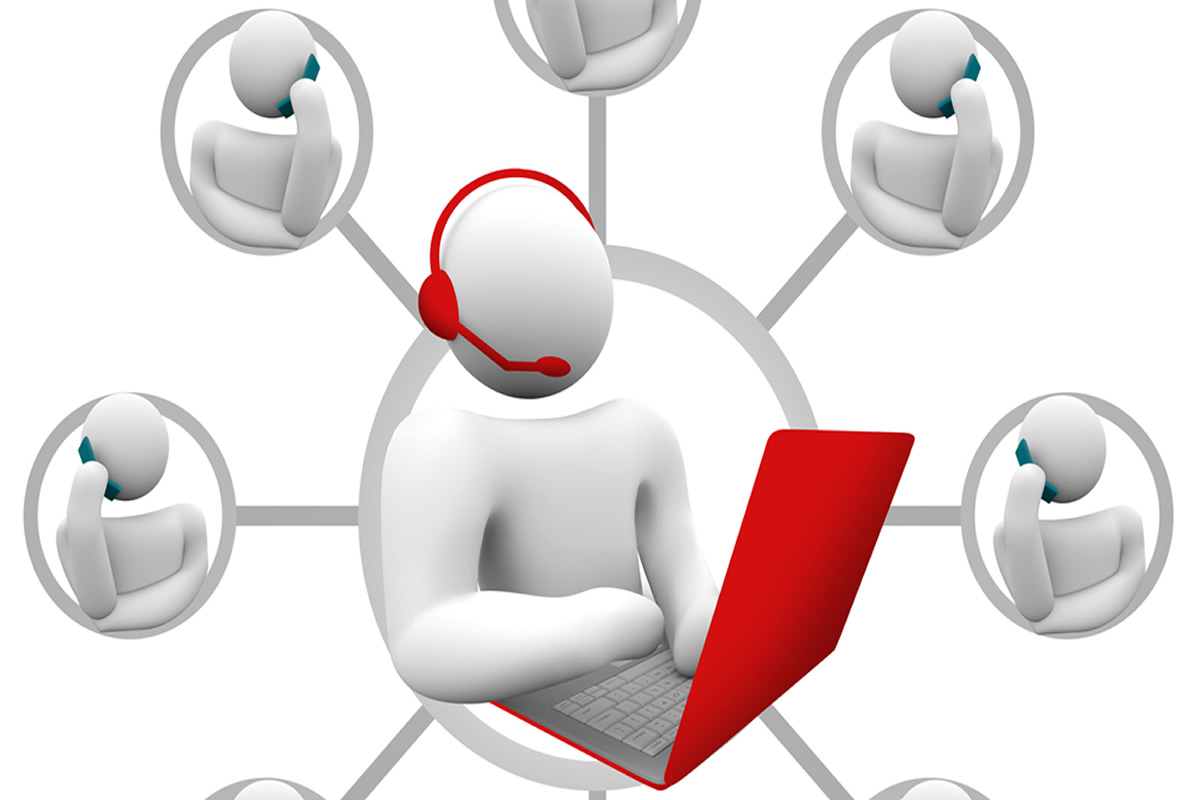 What the fragmentation of UC means for the channel
What the fragmentation of UC means for the channelIndustry Insights If communications are becoming fragmented, what does that mean for MSPs and VARs?
-
 How SMBs can DIY their IT implementation and support
How SMBs can DIY their IT implementation and supportFeature For some small and medium-sized businesses, the third-party expertise and support might be out of reach. What’s the alternative?
-
 Microsoft angers admins as April Patch Tuesday delivers password feature without migration guidance
Microsoft angers admins as April Patch Tuesday delivers password feature without migration guidanceNews Security fixes include a zero day exploited by a ransomware group and seven critical flaws
-
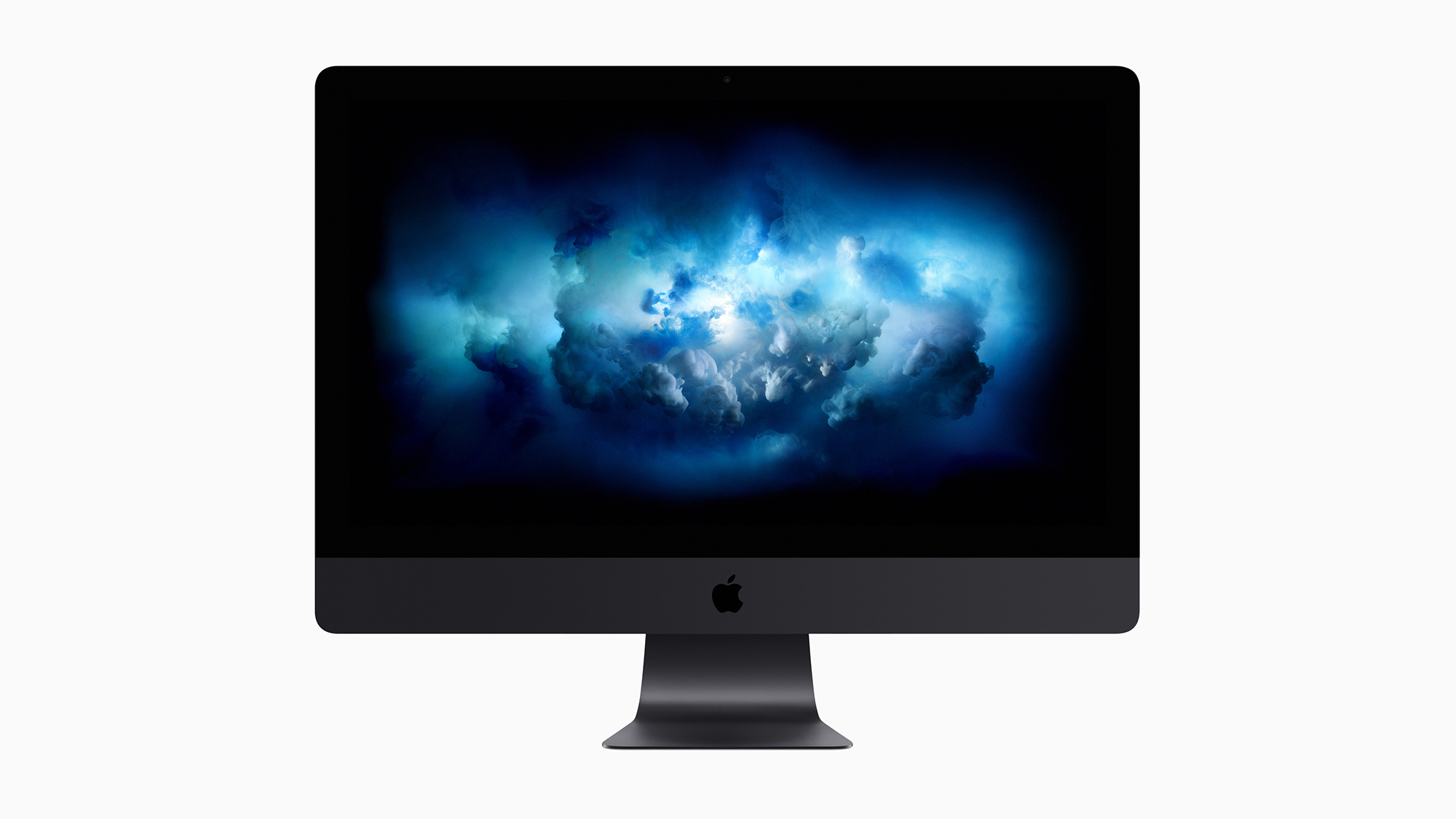 Apple discontinues the iMac Pro
Apple discontinues the iMac ProNews Desktop product shake-up paves the way for new Apple Silicon-powered machines
-
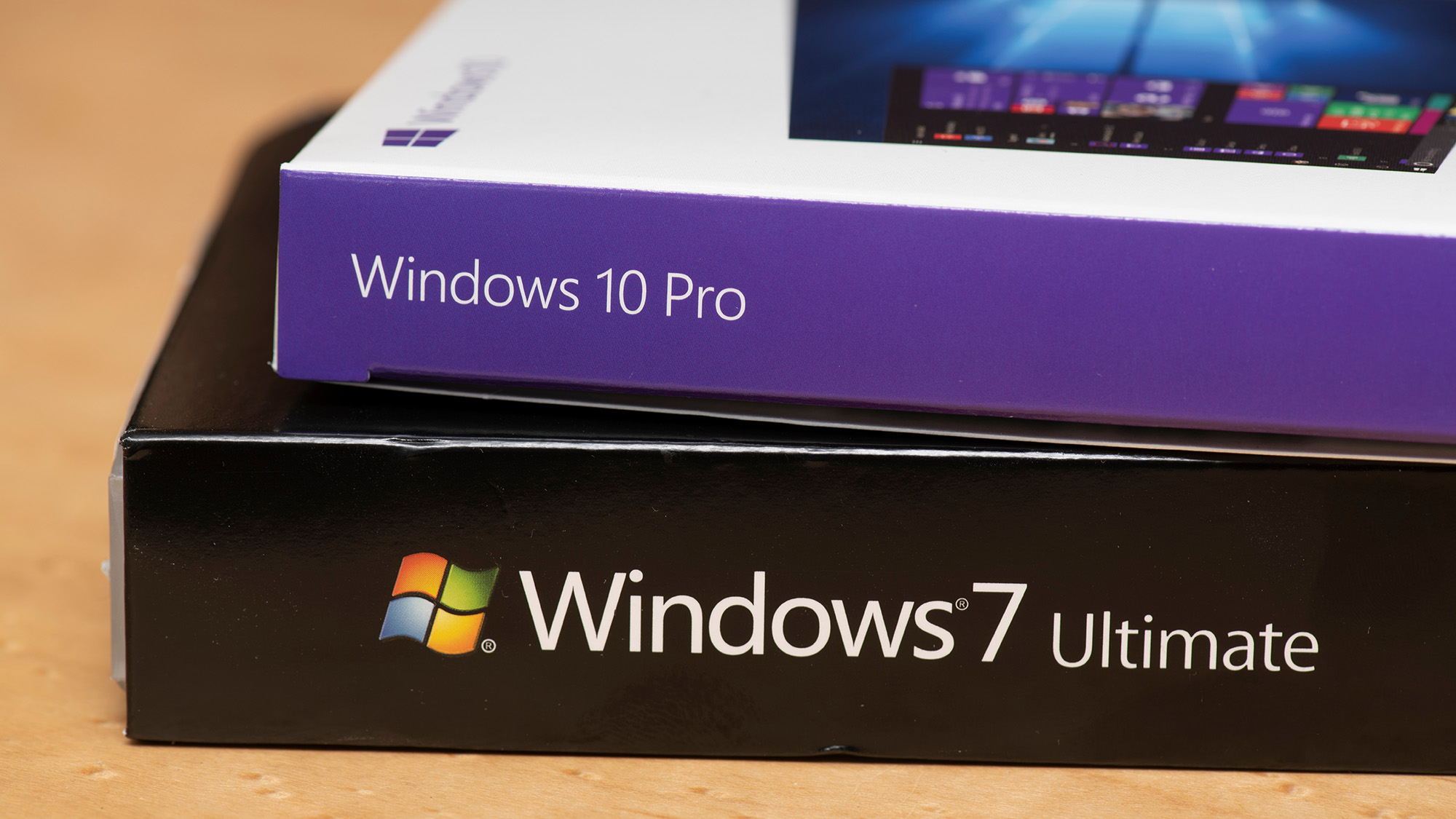 Managing a late migration
Managing a late migrationOpinion When it comes to moving from Windows 7 to Windows 10, it's better late than never
-
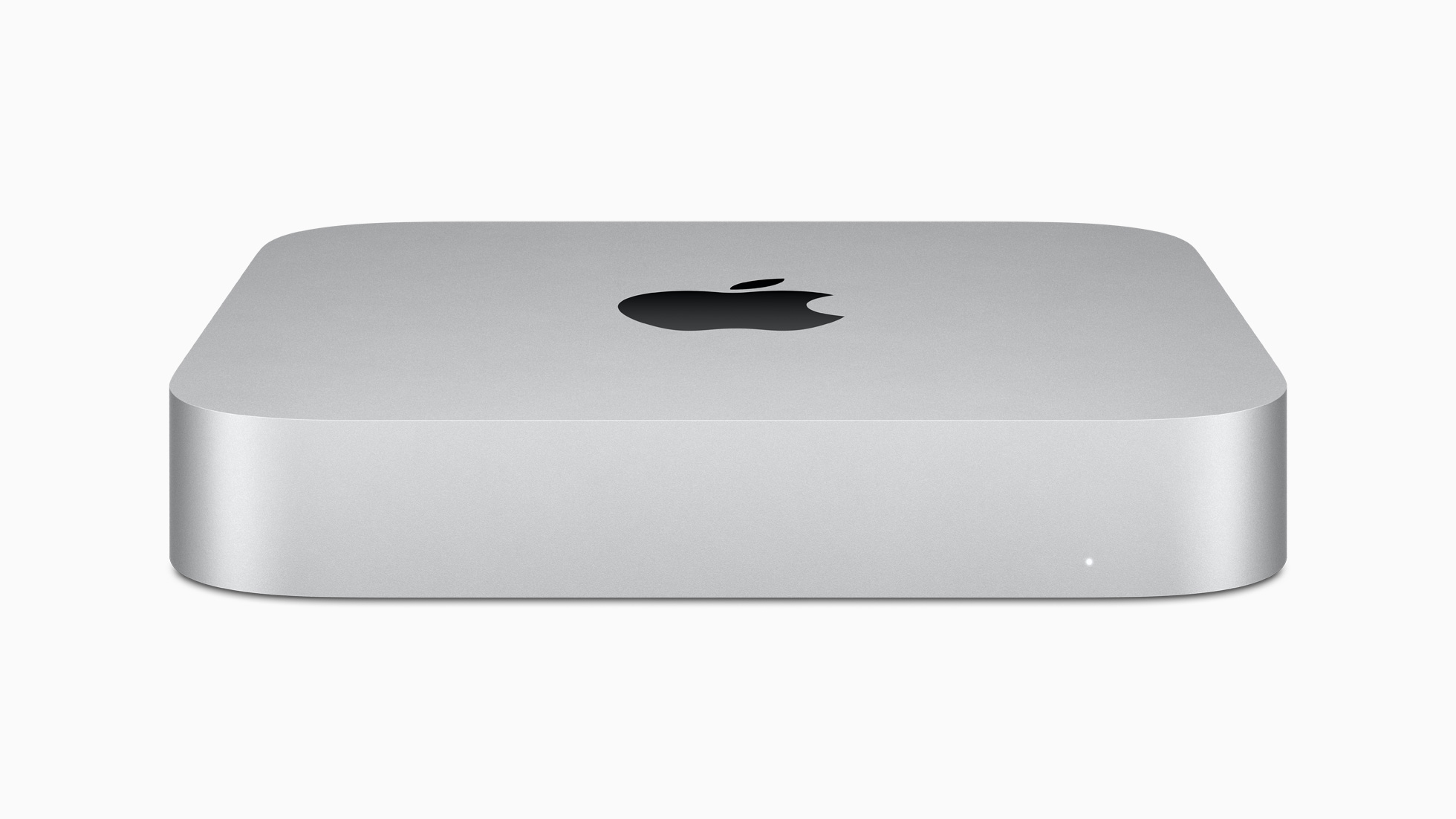 M1 Mac mini users suffering Bluetooth connectivity problems
M1 Mac mini users suffering Bluetooth connectivity problemsNews It’s unknown if the issue is in the new Apple silicon or the Big Sur OS
-
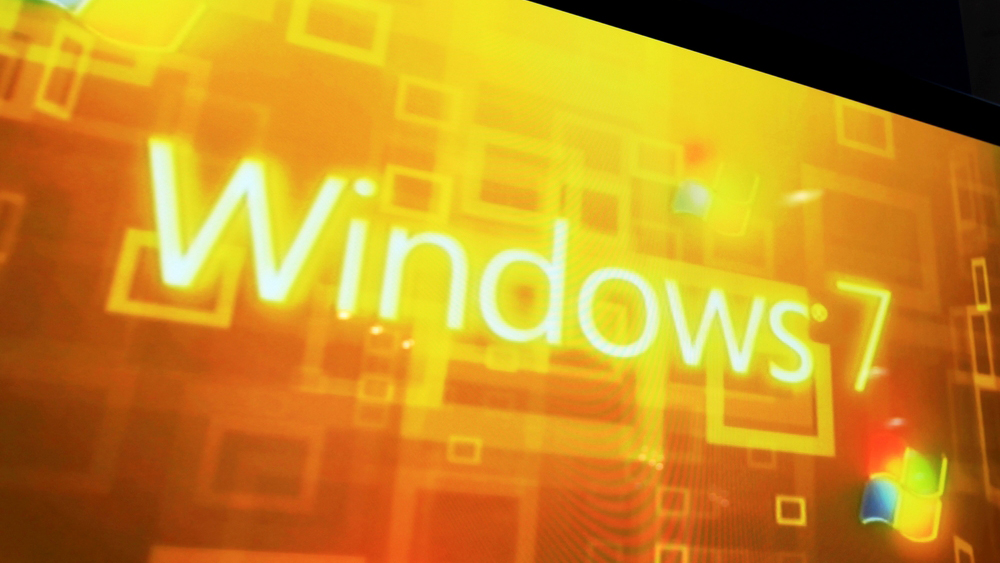 How to set up a Windows 7 emulator for Windows 10
How to set up a Windows 7 emulator for Windows 10Tutorials A complete guide for setting up a Windows 7 emulator for Windows 10 so you don’t lose access to your apps
-
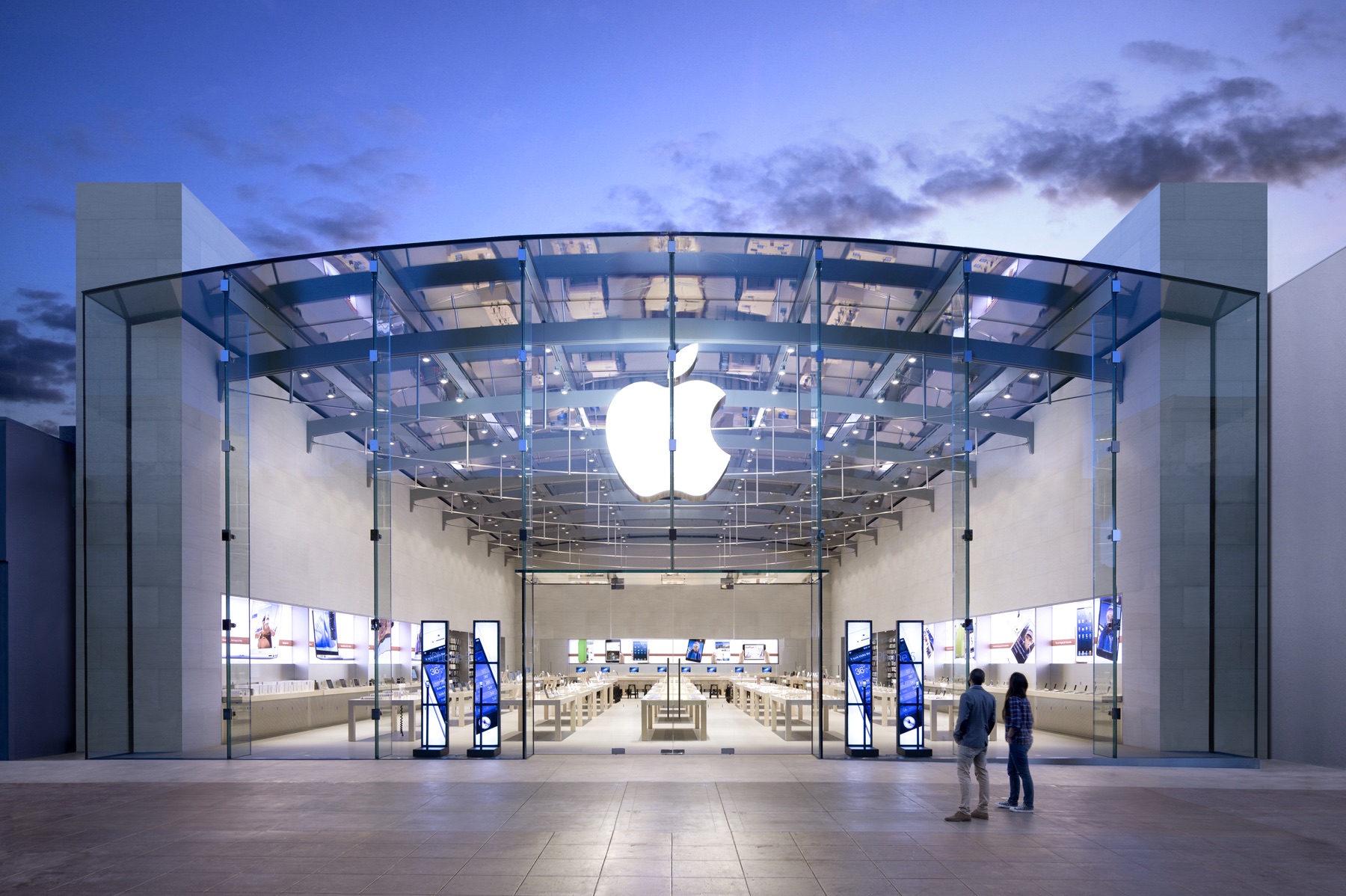 Apple starts accepting Mac trade-ins at retail stores
Apple starts accepting Mac trade-ins at retail storesNews Up until now, you could only trade in a used Mac online, which was unwieldy and time-consuming
-
 The autopsy of Windows 7
The autopsy of Windows 7In-depth Report of a postmortem examination
-
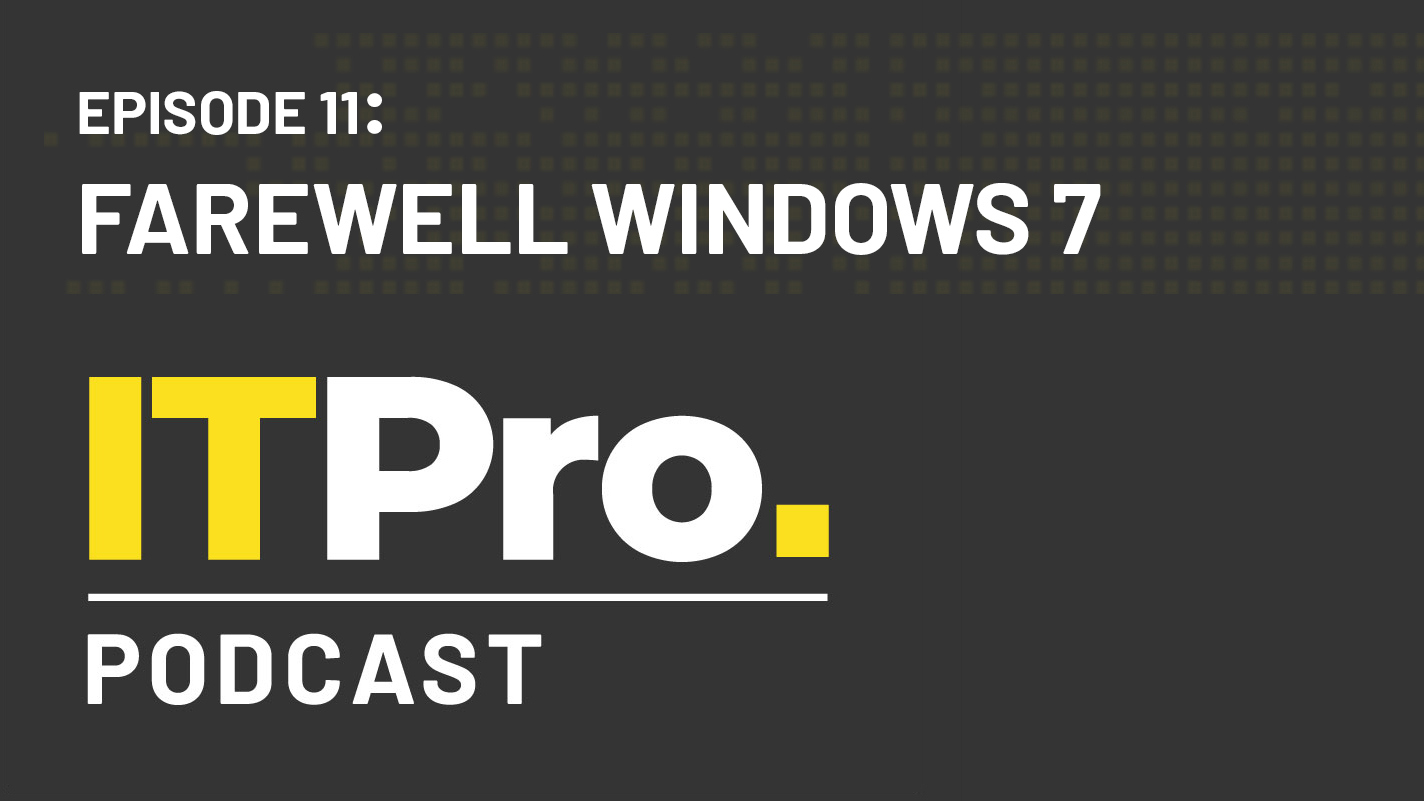 The IT Pro Podcast: Farewell Windows 7
The IT Pro Podcast: Farewell Windows 7IT Pro Podcast We reflect on the legacy of one of Microsoft's most enduringly popular operating systems